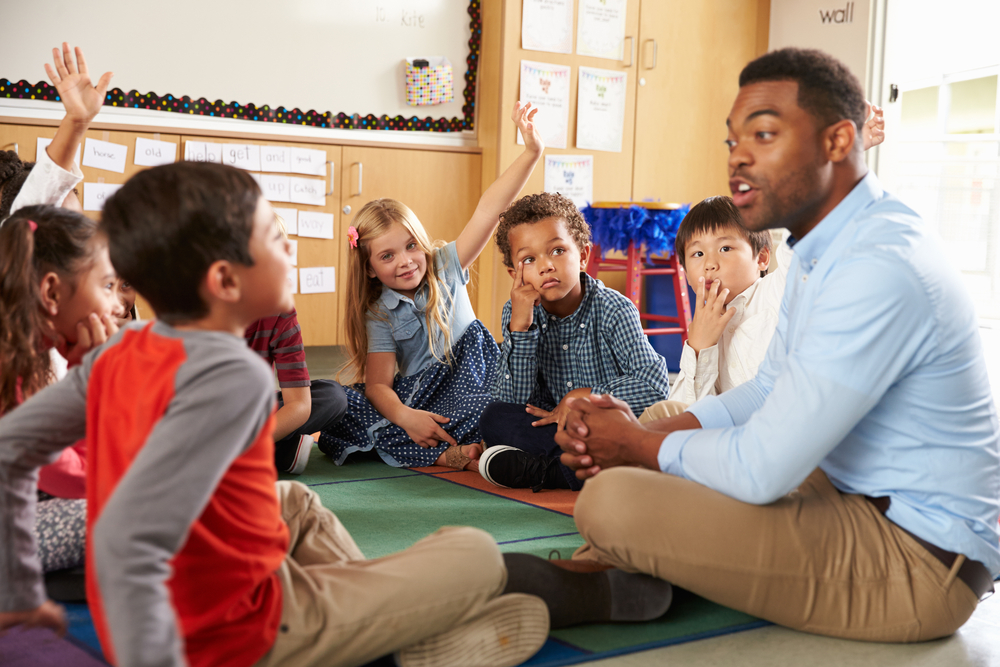There is no social justice in a vacuum

While I did not intend on contacting educators until the third week of school for the announcement of my business launch, was my responsibility to do so in the wake of Charlottesville, VA. In this blog I want to (1) give two tips, and (2) extend my services on how to talk to your students, families, and communities about social justice and the recent events in and around Charlottesville.
Tip 1: Join the conversation with other adults
Too often, educators avoid these topics because of the fear of saying the wrong thing, not knowing what to say, and/or not knowing how to create a safe environment for all. However, our silence does not protect us, nor does it give those around us the feeling of safety. Silence actually gives the appearance of support for injustice.
Tip 2: Create a safe space for students to discuss
Ask students what they need to feel safe, welcome, and celebrated to share their thoughts and feelings on topics. Invite students to create ground rules for having meaningful and engaging dialogue.
What now? Get out of the vacuum.
Too often educators are looking for a social justice program in a vacuum and with prescribed measures and directions. For racism, press 1. For sexism, press, 2. For sexual orientation, press 3. When experiencing forms of oppression, follow these simple steps to get back to your regularly scheduled show.
Unfortunately, life does not work that way. And while most educators, parents, and students were getting ready for their first day of school, very few, if any, scheduled time for discussions on social justice for that day; however, injustice reared its ugly head in plain sight. So, now what?
Do we ignore it? Do we hope others will take the responsibility of discussing it because it does not fit into our curriculum? Or do we talk about it? If yes, how do we handle it in a way that is truthful, grade appropriate, gentle, and in a way that allows everyone to feel safe?
Whatever your thoughts are, how we, as educators, respond or don’t respond sends a message to our students, families, and communities as to who matters. While Charlottesville, VA, is hundreds of miles away, the influence is far reaching. This critical and teachable moment asks us, where do we stand on social justice. Do we just talk about wanting to do social justice, or do we practice being socially just?
If we truly desire to have inclusive and equitable schools, we must be intentional. Our communities have been touched, and we must tend to the wound.
What does your social justice practice look like?
